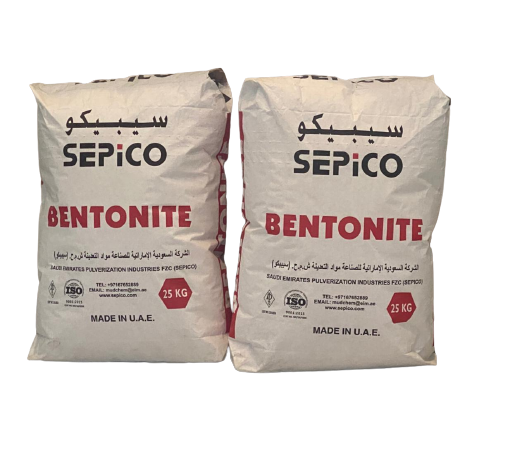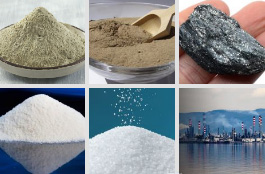It’s no secret that ponds and lakes are some of the most vital ecosystems for humans, animals, and the environment alike. Unfortunately, changes like deforestation, agricultural runoff, and other environmental factors can cause these bodies of water to become contaminated with sediment and debris. That’s where bentonite comes in. Bentonite is a clay-based material that has an incredible ability to bind water together and form a seal over the surface of many surfaces including ponds and lakes. In this blog post, we will dive into the science behind bentonite seals, how they work, and why they are so important for preserving our natural habitats. Read on to find out more!
Bentonite Clay for Ponds
Bentonite is a natural, clay-based material that seals ponds and lakes. Bentonite clay is also used in drilling mud for oil and gas wells, as a binding agent in foundry sand, and to make paper. In addition, it can be added to animal feed to increase the absorption of nutrients.
What is Bentonite?
Bentonite is a mineral that is absorbent and expands when wet. It is often used in construction because it can be mixed with water to create a putty-like substance. When this substance dries, it forms a strong bond that can seal cracks and holes.
Bentonite has been used to seal ponds and lakes for many years. It is effective at preventing water from seeping through the ground and into the pond or lake. It’s safe for fish, plants, and other aquatic life, and it’s also an effective way to prevent leaks. When applied correctly, a layer of bentonite will create an impermeable barrier that will hold water in and keep unwanted elements out.
How does it work?
As Bentonite is a naturally-occurring clay, when mixed with water, bentonite expands and forms a gel-like substance that coats the bottom and sides of the pond or lake. This gel-like substance seals the pond or lake by creating a barrier between the water and the soil. Bentonite also absorbs toxins and pollutants from the water, making it safe for fish, plants, and other wildlife.
Why is it used to seal ponds and lakes?
The primary element of bentonite, an absorbent aluminum phyllosilicate clay, is montmorillonite. It is used to seal ponds and lakes because it is able to absorb large amounts of water and expand, creating a barrier between the water and the surrounding soil. It has a high cation-exchange capacity, which allows it to bind with metals and toxins in the water, preventing them from leaching into the soil.
How is it applied?
Bentonite is a claylike material that forms a strong, waterproof seal when it is applied to ponds or lake beds. It can be applied by hand or with a machine, and the application process is relatively simple. First, the area to be treated is cleared of debris and any vegetation that might be growing there. Next, a layer of bentonite is evenly spread over the area. The thickness of the layer will depend on the size and depth of the pond or lake. Once the bentonite is in place, it will need to be compacted so that it forms a solid seal. This can be done with a roller or by walking over the area. Finally, any excess bentonite that has not been compacted should be removed.
Where can you buy Bentonite Clay?
There are many places where you can buy Bentonite Clay. SEPICO is a trusted name in the industry for providing high-performance coagulation solutions for drilling fluids products. Their range ranges from simple water solutions, all the way up to complex fluids tailored specifically for your specific application needs – so we can provide the right solution.

Conclusion
We hope this article has helped you understand how bentonite can be used to seal ponds and lakes. Bentonite is a natural clay material that offers excellent sealing properties, making it an ideal choice for pond and lake construction or repair projects. It’s relatively easy to use in comparison to other materials, yet still provides durable results. With the right resources and know-how, anyone can successfully incorporate bentonite into their next pond or lake project.


No comments yet.